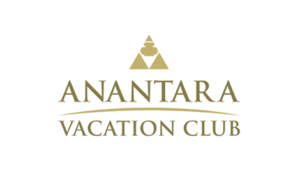Also referred to as ‘vacation ownership,’ timeshare has developed and now offers more benefits to consumers than ever before. Through the use of vacation ownership, consumers can lock in future vacations at today’s prices, and stay in accommodations that bear more resemblance to homes than hotels, featuring amenities such as full-kitchens, laundry facilities and separate bedrooms.
Today, there are several different kinds of timeshares that offer varying levels of flexibility, destinations and rates.








